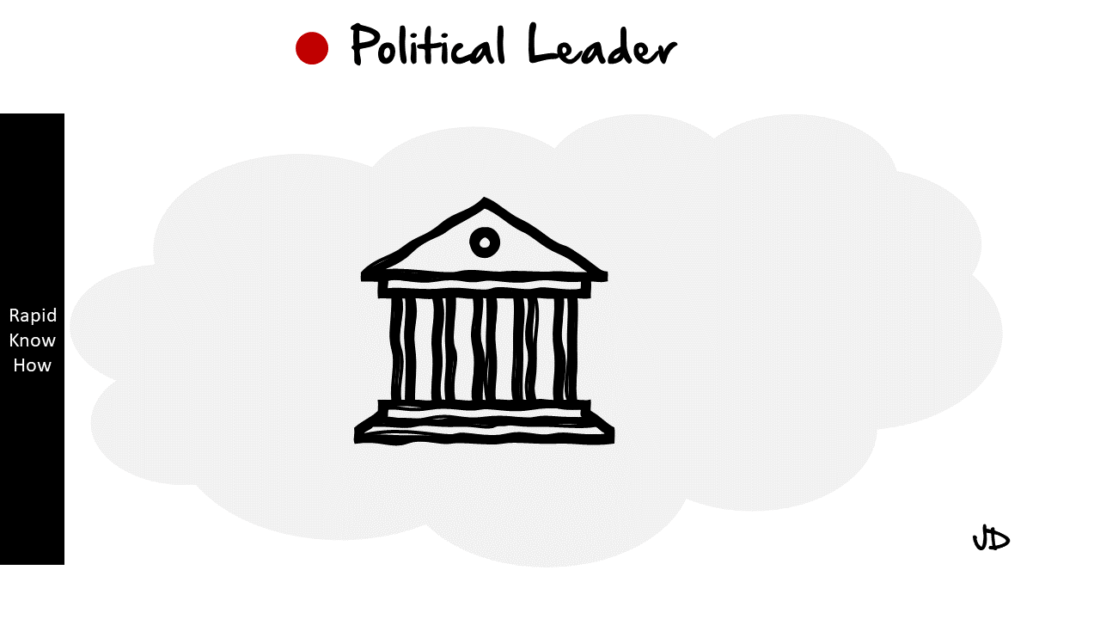Revolutionizing democracy for citizens involves making the democratic process more inclusive, transparent, and responsive to the needs and aspirations of the people. Here are 10 steps to help you in this endeavor:
1. Enhance citizen participation: Encourage and facilitate greater citizen participation in the democratic process. This can be achieved through initiatives such as town hall meetings, citizen assemblies, and participatory budgeting, where citizens have a direct say in decision-making.
2. Embrace digital democracy: Leverage technology to enhance citizen engagement and participation. Develop online platforms and mobile applications that allow citizens to provide feedback, vote on issues, and engage in policy discussions. This will enable a wider range of citizens to participate, including those who may face barriers to physical participation.
3. Strengthen transparency and accountability: Ensure transparency in government operations and decision-making processes. Implement measures such as open data initiatives, freedom of information laws, and whistleblower protections to promote accountability and prevent corruption.
4. Promote civic education: Invest in civic education programs to empower citizens with the knowledge and skills necessary to actively participate in the democratic process. This can include teaching about democratic principles, rights, and responsibilities, as well as critical thinking and media literacy.
5. Foster diversity and inclusion: Ensure that the voices of all citizens, including marginalized groups, are heard and represented in the democratic process. Implement measures to promote diversity and inclusion in political representation, such as gender quotas or affirmative action policies.
6. Reform campaign finance: Address the influence of money in politics by implementing campaign finance reforms. This can include limits on campaign contributions, public financing of elections, and increased transparency in political donations.
7. Strengthen independent institutions: Ensure the independence and effectiveness of institutions that safeguard democracy, such as the judiciary, electoral commissions, and anti-corruption bodies. Protect their autonomy and provide them with adequate resources to carry out their mandates.
8. Encourage deliberative democracy: Promote deliberative processes where citizens can engage in informed and respectful discussions on important issues. This can involve citizen juries, deliberative polls, or citizens’ assemblies, where diverse perspectives are considered and consensus is sought.
9. Foster international cooperation: Collaborate with other countries and international organizations to share best practices and learn from successful democratic models. Engage in dialogue and cooperation to address global challenges that require collective action.
10. Evaluate and adapt: Continuously evaluate the effectiveness of democratic reforms




